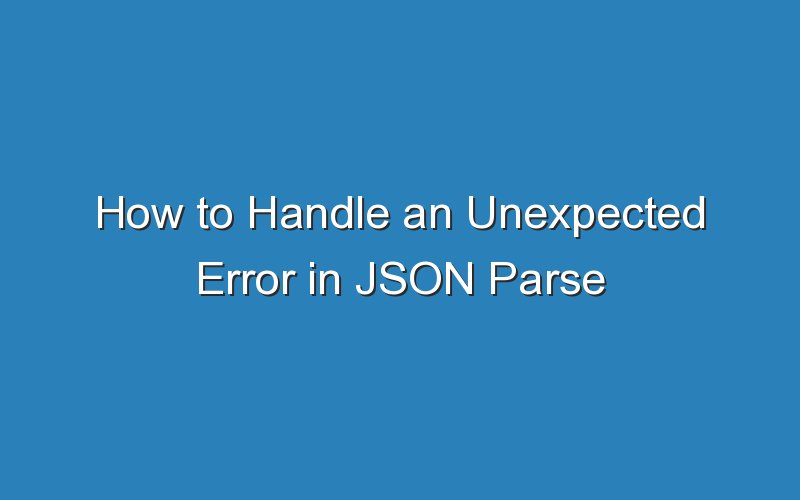A formula may produce an unexpected error when the type of the input is not the expected one. This error could be caused by a number of reasons. For example, you might have a table with a name that is invalid or has an exceeding quota limit. If you encounter this kind of error, the best solution is to modify the reference in the query.
In some cases, the error can be triggered by columns that are of the wrong type. The most common is that a column containing a reference would be converted into a String when the cell containing the reference has been deleted. Another cause could be mixing US and Rest of World date formats. If this happens, you should try using a format that is compatible with the query engine.
When you encounter this error, the first thing you should do is check the code that is causing the issue. Make sure to comment out the code in the file and look for early return statements. The error message will indicate where the type mismatch occurred in the query. It might be a typo or a syntax error. In other words, the code is causing the problem.
In addition to the type mismatch, the other possible problem is that the data in the cell is not of the desired format. It can occur when the referenced cell is blank. Then, you should check the values in the input cells to ensure that they are not invalid. Then, the problem could be solved. The data should be correctly interpreted.
The SELECT function should be able to process data in the right format. However, the error is caused when the data in the data sheet is of the wrong type. For example, a cell that contains an empty reference will return a #DIV/0!. You should always check the correct format for the cells in your input. This error will not occur if you use the same cell in your input.
A type mismatch for the join-on-calc-info formula is a problem with the data being of the wrong type. This error will be displayed in your developer’s tool if you do not have an idea of what the data is. If it is a valid number, the data will be inserted in the formula without errors. The type mismatch will be fixed in the next version of the calculation.
The error occurs when there is a type mismatch between the data in the formula. For example, the first row of a calculation will result in a string. The second row will contain a number and the other will be a string. This type mismatch will result in an unexpected error json parse error. If you are using a global date format for your calculation, you may encounter this error.
The type of the join-on-calc-info formula may be a mistake. The column type must be an integer. If the column is a number, a comma or a semi-colon will cause an error. If it is a string, the results must be an integer. Otherwise, it will return a blank.
An incorrect type of a join-on-calc-info formula causes an #REF! formula parse error. This error occurs when the denominator of a cell is divided by zero. It is also possible to have a blank reference in the denominator of a row. If the two formats are the same, the calculation will also fail.
This message is specific to Google Sheets. This error happens when a formula is not properly parsed and cannot execute. Firstly, check the formula’s accuracy and the syntax. Avoid using “&” in the formula’s name. Secondly, check the join syntax. Enter the numbers as plain numbers. Then, format the data as you normally would.

